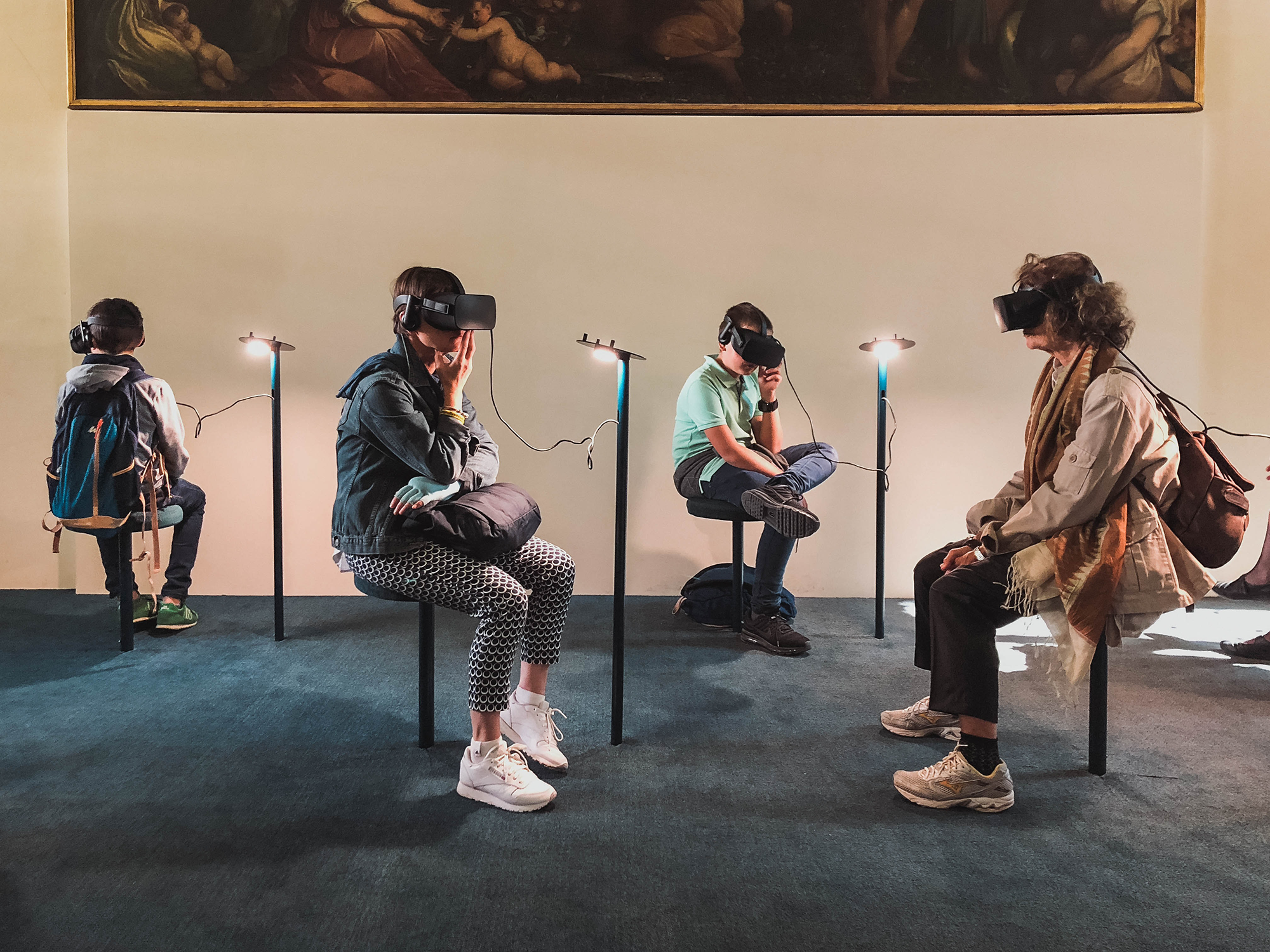Since the advent of the internet and the world-wide-web, we have seen significant technological developments in the world in very short periods of time. Some people would argue that the latest of these developments results in the rise of the Metaverse. With the evolution of this brand-new social platform, people will discover unique methods of both creating and consuming content. Unlike current experiences, content in the metaverse will be fully immersive and interactive.
As of now, the Metaverse is considered to be an ecosystem of digital environments that are primarily geared toward social connections and interactions. Within these virtual environments, or augmented realities, people will have the ability to do nearly anything imaginable, realistic, or not. From interacting with others to learning and playing games, consuming and creating art, and even building, exploring, and purchasing real estate, there seems to be no limit to what you can do within this so-called "metaverse."
In 2020, the global metaverse market was valued at $27.21 billion and is expected to reach $824.53 billion by 2030 at a compound annual growth rate (CAGR) of 39.1%. As the Metaverse continues to evolve the definition and meaning of what it is, what it does, and the possibilities within the metaverse will continue to change.
But how will this new environment change the ways in which customer experience is approached? Within this completely immersive domain, users will be able to purchase "virtual real estate" to then create their own settings within the Metaverse. This will allow anyone to develop unique markets for virtual products and services with seemingly no limitations, and open entirely new avenues for advertisement campaigns. These environments will also affect the way people experience real-world products. For example, people will be able to experience museums and art galleries, or even virtually "travel" to other areas of the world.
There are still many uncertainties that accompany this idea of the Metaverse. Billions of dollars have already been put towards the development of this virtual world, but we have yet to see any major progress following these efforts. Within the first five months of 2022, over $120 billion was invested into the development of the Metaverse, however, any ground-breaking technologies have yet to be produced. Additionally, there is little monetary incentive for companies to cooperatively work together for a single conglomerate world where everyone can connect, so it isn't certain that there would be a central Metaverse, but rather a "multiverse" of Metaverses.
Many questions can still be asked about the Metaverse that have yet to be answered. Questions such as, "How will economic class divisions be represented - or not - in the Metaverse?", "How will the Metaverse affect school systems and children's learning capabilities?" or even "How will the Metaverse cause changes in real-life social interactions"? There are so many possible outcomes with this new technology, and no one knows for certain what will come to fruition. Only time will tell what will come next from this new iteration of the world-wide-web.
